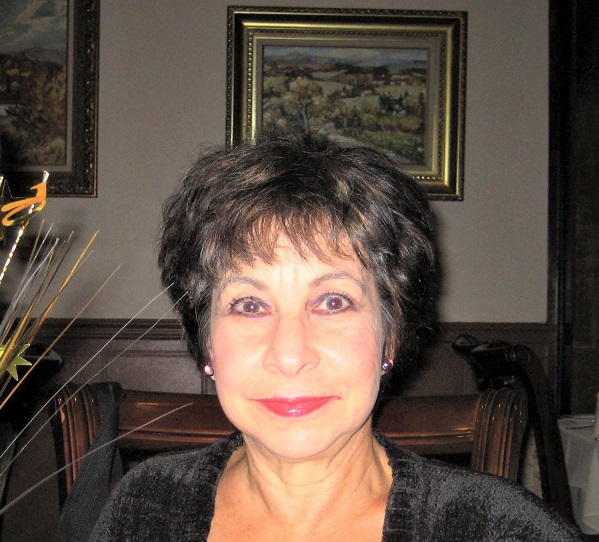Dr Barbara ETCOVITCH responds to ThinkWellness360 questionnaire:
Why and how did you think of becoming a doctor?
This is a difficult question to answer because I don’t see myself as ‘doctor.’ I associate the word exclusively with conventional [allopathic] medicine. Homeopathy goes far beyond the realm of allopathy and is a true method of healing. I would like, or prefer, to call myself a ‘guide.’ I did not deliberately think of becoming anything. I was drawn to homeopathy through a series of unplanned events and positioned to become someone who could help heal others by a force greater than oneself.
What made you think of, study and specialise in the system of medicine you now practice?
I happened upon homeopathy accidentally and as a result of an injury I suffered. After having received a ridiculous and frightening diagnosis by an allopath, I researched alternative forms of medicine and found the one that I believed was a true healing art. Homeopathy encompasses all levels of being — physical, mental, emotional and spiritual. It opens one up to trusting one’s intuition and the unwavering belief in the powers of the universes. What I love most about homeopathy is that it is an art as well as a science; it constantly challenges and encourages the practitioner’s creativity.
What has been your personal and professional experience as a doctor?
There’s that word again. My professional and personal experiences as a ‘guide’ parallel that of my patients. As they heal and reach greater depths of understanding, so do I. We’re on parallel journey and I am profoundly thankful that homeopathy has led me to a place that suits me so well.
What unique and special skills you think you have that has made a difference for your patients?
I have the special ability to get to the core of an issue without saying much. I know when to be still and quiet and let the patients unravel and become aware of the imbalances that have brought them to me. I can be a sounding board without judgment, or influence.
What is your best definition of optimal wellness and why?
We are always in flux, or changing, and always trying to find our balance on all levels — physical, mental, emotional and spiritual. So long as we can achieve homeostasis, we can maintain a state of wellness.
Your best case?
One of my best cases was also one of my first. The case was of an elderly woman, a scientist, who was suffering from extremely debilitative arthritis that conventional medicine could not address. After several months of homeopathy, using one remedy in LM potencies, she regained her health and embarked on a journey of self-discovery.
Your ‘not-so-good’ case?
Hmm. I consider a ‘not so good case’ in which the patient does not want to, or cannot, get in touch with the core of the problem. Healing is an evolution. Not all patients are at the point in their life where they are ready to let go of what is ‘plaguing’ them and so the symptoms remain as a reminder. One case that comes to mind is that of proliferating planter’s warts that could not be resolved in a patient who maintained that her life was fine.
What appeals to you the most?
If we are referring to what appeals to me in the homeopathic process, then it is the time spent just being with the case and letting the pieces come together. If referring to what in general appeals to me, it’s research and contemplation surrounded by the stillness.
What annoys you the most?
People who don’t think arriving on time is important.
Your favourite book?
Skios by Michael Frayn.
Your favourite joke?
I don’t have a favourite joke, but do have a favourite comedian. I’ve been attending the shows of Danny Bhoy for years.
Your favourite song?
You’ll Never Walk Alone [Gerry and the Pacemakers/1963].
Your favourite movie?
Keeping Mum; My House in Umbria
Your favourite TV, Netflix show?
The Royals
Your goal in life?
To be professionally available to those who need me on their journey through life and personally to make it to the end of my lifetime relatively unscathed, happy and without regrets.

